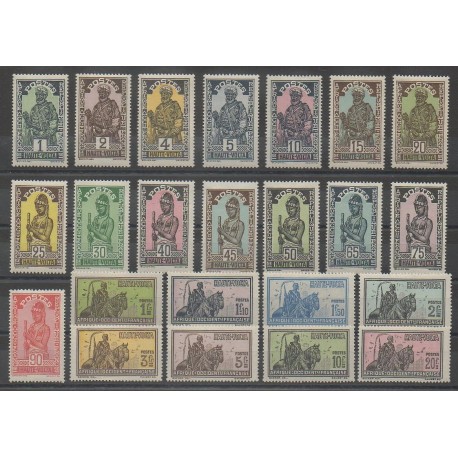
Almost forty years on, President Kennedy's defence secretary, Robert McNamara, cheerfully acknowledged: "A major charge was that there was a missile gap. America became so fixated with the idea of the "missile gap" - that is, let's spend more billions of dollars on defence - that they found one even when it did not exist. Shamed by the early Soviet lead, America had to prove that anything Russia could do, America could do better Russia responded in kind. At that time, Soviet disasters were strictly not for public consumption.Īt the same time, Sputnik exposed the absurdity that accompanied the whole notion of the space race. Her words were accompanied by dramatic pictures from the heart of the conflagration - pictures that you can be sure never appeared on the Soviet Nine O'Clock News. Last night's programme included some dramatic eyewitness accounts of events - like a Soviet space disaster, where one woman remembered how "people fell like burning torches from the top of the rocket". Unsurprisingly, the result is much more than just televisual flam. Isaacs, in turn, gathered a team of experienced producers and writers, including highly respected figures like the journalist Neal Ascherson and (for last night's programme on the space race) defence specialist Lawrence Freedman. Turner was put in touch with Jeremy Isaacs, who had produced the landmark World at War series. And thus it came to pass, without all the doggedly begging memos to potential backers which are usually par for the course. A few years ago, Ted Turner, creator of CNN, mused that he would like to do a definitive history of the Cold War.

You flick your fingers, and unbelievable projects just happen.
#Upper volta 1951 series
The Cold War series gives a small example of why it must sometimes be quite fun to be a media billionaire.

The heroism and the lies are equally visible. Series like the Cold War put things neatly into perspective, with descriptions of historic events coming directly from witnesses and participants - last night included a Soviet rocket designer, an aide to Khrushchev, and Gagarin's running-mate.

But television history, with the participation of those who were in the front row of the stalls or even centre-stage at the events described, can, at its best, be more enlightening than anything that you could have read in the newspapers at the time. Television news may sometimes seem deeply superficial - never mind the reality, listen to that fabulous soundbite.


 0 kommentar(er)
0 kommentar(er)
